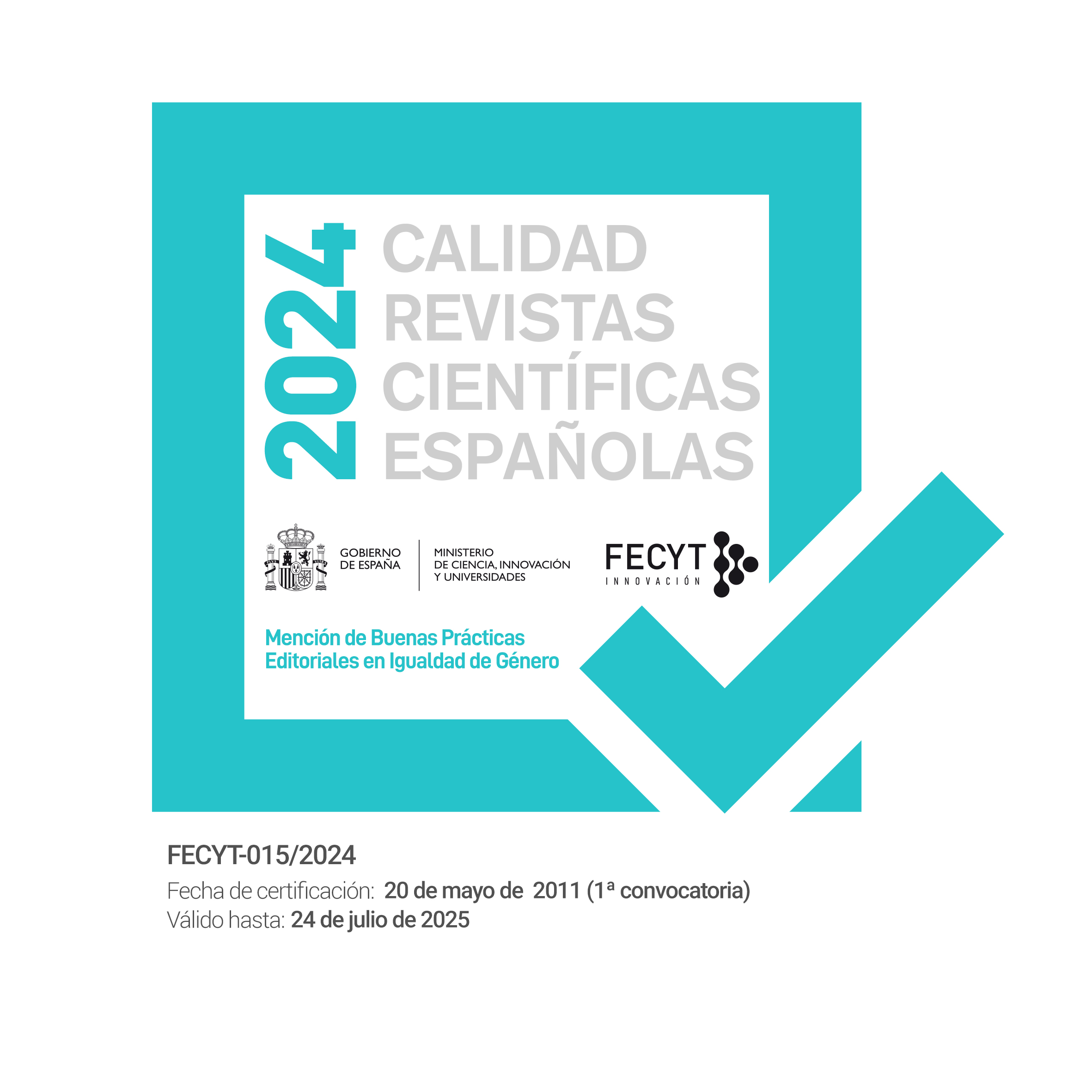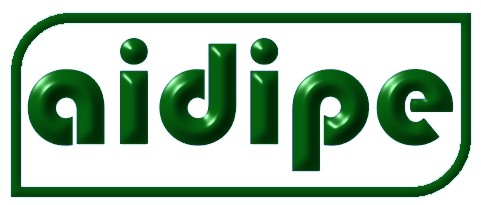Adapting to the European Higher Education Area a questionnaire on student opinion about the teaching of lecturers
DOI:
https://doi.org/10.7203/relieve.20.1.3812Keywords:
Teacher evaluation, European Higher Education Area, survey validation, reliability, validity, mixed methodsAbstract
After reviewing questionnaires from other universities, taking into account the theoretical framework of the new questionnaire, the transversal skills adopted by the University and the three dimensions set out by ANECA, a series of indicators and possible items deemed suitable to be included in the new questionnaire were drawn up. This results were all compared and contrasted within various focus groups undertaken with experts in the topic, with lecturers, and with students. Based on this comparison, the pilot questionnaire, which had 18 items plus two more criterion-referenced items, was drawn up. This was applied to a sample of almost one thousand students. The analyses carried out to the items, as well as the reliability and the validity of the test, show that the questionnaire rigorously complies with the standards required by this type of instrument. Finally, in the discussion of the results, certain controversial aspects, or those relating to improving the evaluation of the university teaching staff, are presented. Indicated amongst these aspects, is the need to incorporate the questionnaire into a more wider-ranging evaluation plan, such as DOCENTIA, the possibility of creating banks of items, the inclusion of open items and the exigency of undertaking on-line applications of the questionnaire.Downloads
Downloads
Published
How to Cite
Issue
Section
License
The authors grant non-exclusive rights of exploitation of works published to RELIEVE and consent to be distributed under the Creative Commons Attribution-Noncommercial Use 4.0 International License (CC-BY-NC 4.0), which allows third parties to use the published material whenever the authorship of the work and the source of publication is mentioned, and it is used for non-commercial purposes.
The authors can reach other additional and independent contractual agreements, for the non-exclusive distribution of the version of the work published in this journal (for example, by including it in an institutional repository or publishing it in a book), as long as it is clearly stated that the Original source of publication is this magazine.
Authors are encouraged to disseminate their work after it has been published, through the internet (for example, in institutional archives online or on its website) which can generate interesting exchanges and increase work appointments.
The fact of sending your paper to RELIEVE implies that you accept these conditions.
















